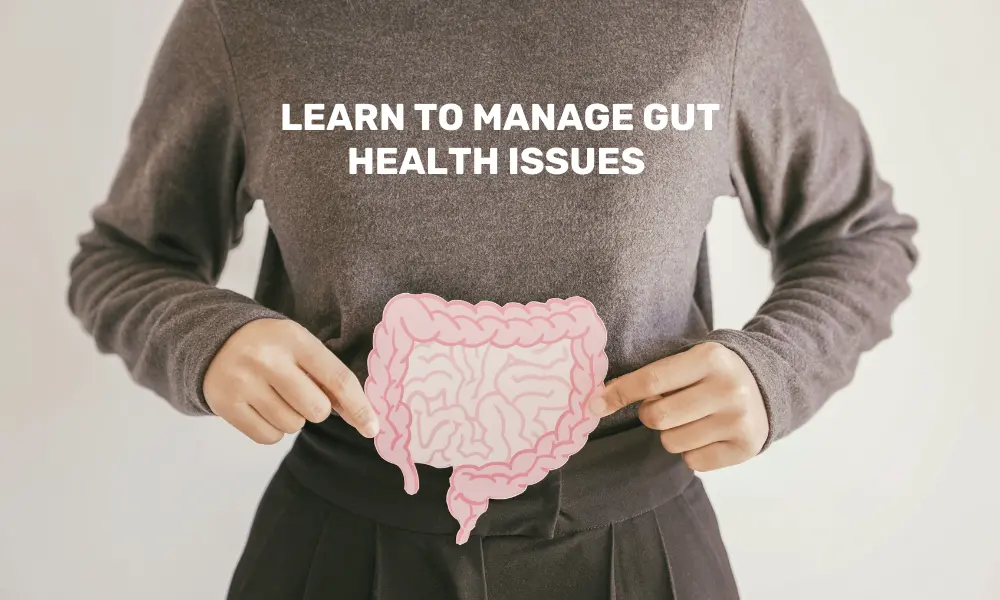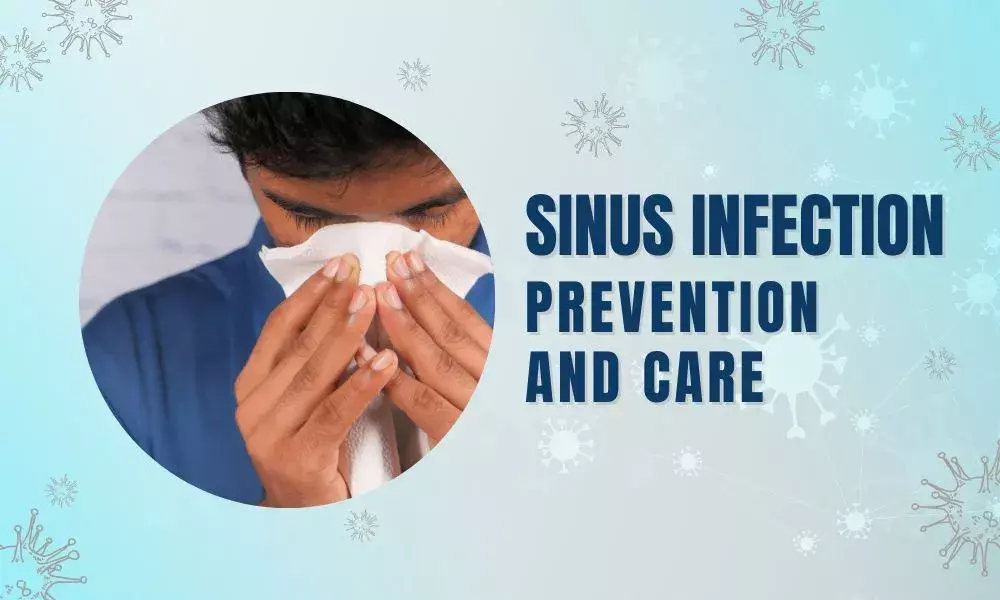Understanding the intricate workings of our digestive system or gut health is critical to unlocking the mysteries of numerous health conditions that affect millions globally.
Gastric related diseases
Gastric-related diseases or gut health issues encompass a broad spectrum of conditions affecting the gastrointestinal (GI) tract, which includes the esophagus, small intestine, large intestine (colon), stomach, rectum, liver, gallbladder, and pancreas.
These diseases range from benign and transient symptoms to chronic disorders and potentially life-threatening conditions.
Common issues like gastroesophageal reflux disease (GERD), peptic ulcers, and gastritis often stem from inflammation or irritation of the stomach lining. GERD, for instance, occurs when stomach acid frequently flows back into the esophagus.
This acid reflux can cause irritation in the lining of our esophagus, leading to discomfort and long-term complications if untreated. Treatment for gastric-related diseases varies depending on the specific condition. Still, it may include medications to reduce acid production, antibiotics to clear up infections, lifestyle changes, and, in severe cases, surgery. For chronic conditions like IBD and gastrointestinal cancers, treatment often involves a combination of dietary changes, medication, and sometimes surgical intervention to manage symptoms and prevent complications.
Understanding the wide range of gastric-related diseases is crucial for early detection and effective management. Regular medical check-ups, awareness of symptoms, and a healthy, active lifestyle can help reduce the risk and impact of these conditions.
Gastrointestinal diseases that can be life-threatening
Gastrointestinal diseases significantly impact global health, with some conditions posing serious threats to well-being and even being life-threatening. The main gastrointestinal diseases include a variety of disorders, each affecting different parts of the digestive system.
-
Constipation and Diarrhea: Common yet often overlooked, these conditions can be symptoms of underlying digestive disorders. Chronic constipation may lead to complications like hemorrhoids or fecal impaction, while persistent diarrhea can result in severe dehydration and nutrient deficiencies.
-
Acid Reflux and GERD: Acid reflux is a common health condition where stomach acid flows back into the esophagus, causing heartburn and discomfort. When this becomes chronic, it is known as Gastroesophageal Reflux Disease (GERD), which can lead to more serious complications like esophageal ulcers or Barrett`s esophagus, a precursor to esophageal cancer.
-
Gallstones are hard deposits in the gallbladder. They often cause severe pain and lead to complications like cholecystitis (inflammation of the gallbladder) or pancreatitis.
-
Inflammatory Bowel Diseases (IBD): This group includes Crohn`s disease and Ulcerative Colitis, chronic conditions that cause long-term inflammation of the GI tract. They can lead to severe complications like ulcers, bowel obstruction, and an increased risk of colon cancer.
-
Irritable Bowel Syndrome (IBS): A common disorder affecting the large intestine, IBS is characterized by symptoms like cramping, abdominal pain, bloating, gas, and diarrhea or constipation. While not life-threatening, it significantly impacts the quality of life.
-
Hemorrhoids: Swollen veins in the lower rectum and anus, often a result of chronic constipation, can cause discomfort and bleeding.
-
Gastrointestinal and Colorectal Cancers: These are among the most serious GI conditions. They often develop from polyps in the colon or rectum and can be life-threatening if not detected early. Symptoms may include blood in stool, changes in bowel habits, unexplained weight loss, and fatigue.
Symptoms of Gut Health Issues
Gastric problems can manifest in various forms, and identifying symptoms is crucial for early detection and treatment. Common symptoms include:
-
Abdominal Pain and Discomfort
-
Bloating and Gas
-
Nausea and Vomiting
-
Constant Heartburn
-
Changes in Bowel Habits
-
Loss of Appetite and Weight Loss
Early detection of gastric problems is key to effective treatment and can prevent the progression to more serious conditions. Routine medical check-ups and being attentive to bodily changes are essential. It is crucial to consult a doctor if symptoms persist or worsen.
Prevention
Prevention plays a vital role in maintaining gastrointestinal health and preventing the onset of GI disorders. Adopting certain lifestyle and dietary habits, such as a balanced diet, hydration, limiting processed foods, moderating alcohol and caffeine, avoiding smoking, regular exercise, and regular health check-ups, can reduce the risk of developing various gastrointestinal issues.
By incorporating these preventive measures into daily life, individuals can significantly improve their gastrointestinal health and reduce the risk of developing GI disorders. A proactive approach to health, including regular consultations with healthcare providers, is key to maintaining long-term digestive wellness.





